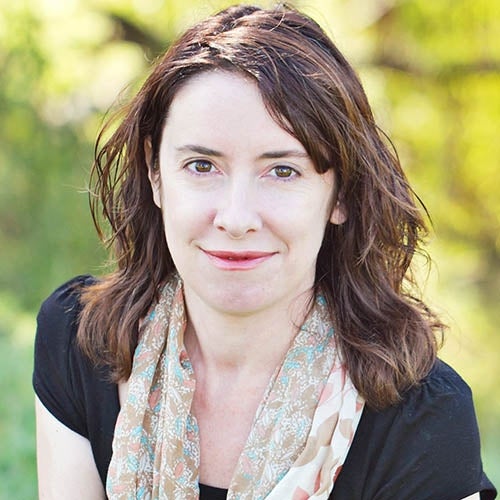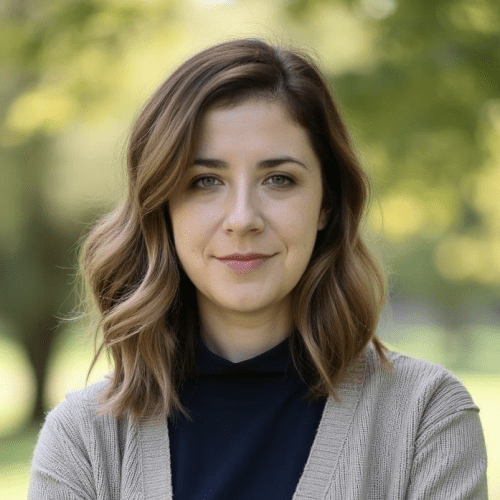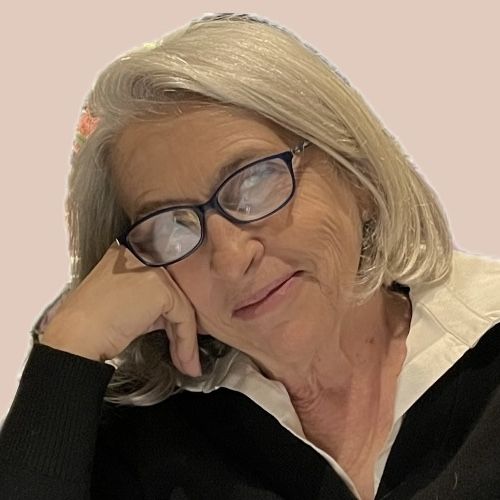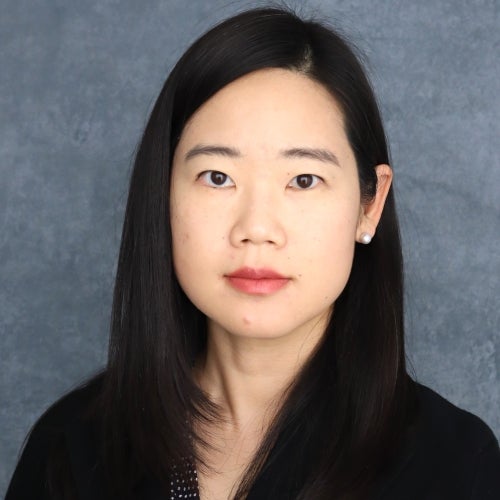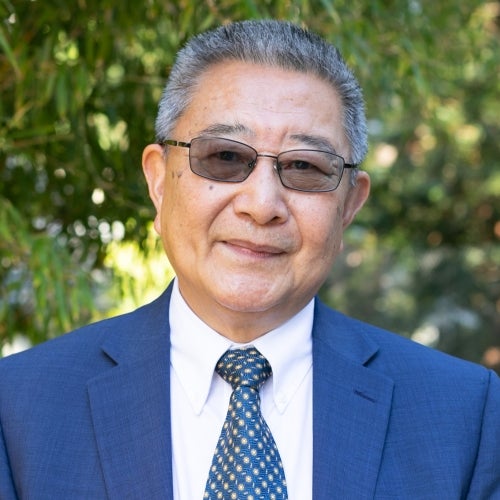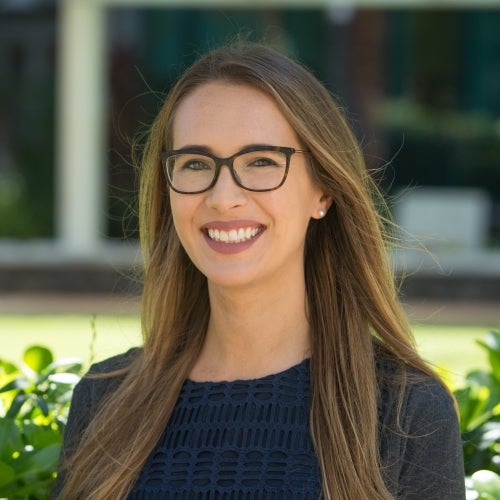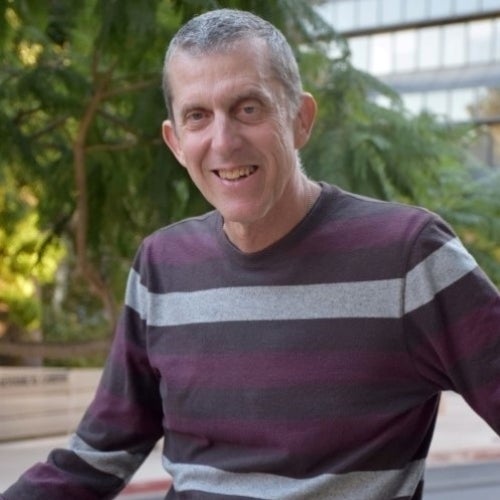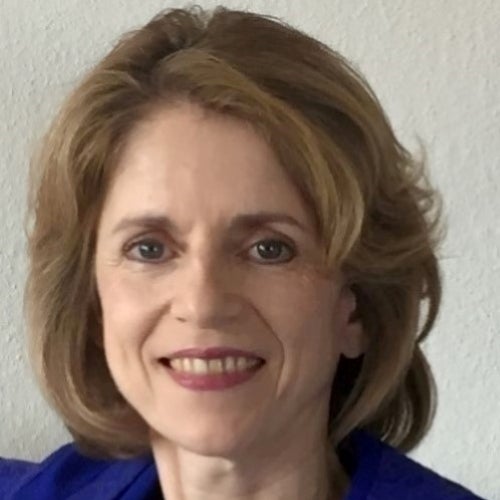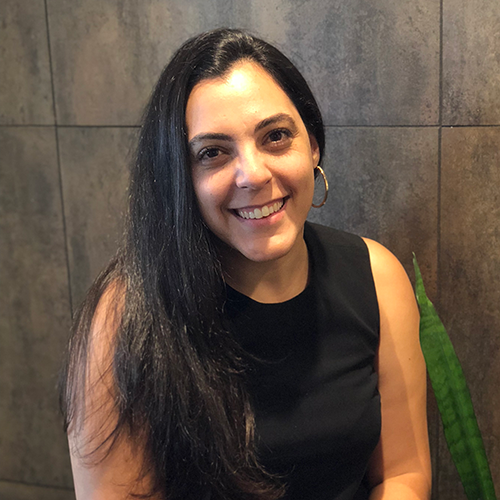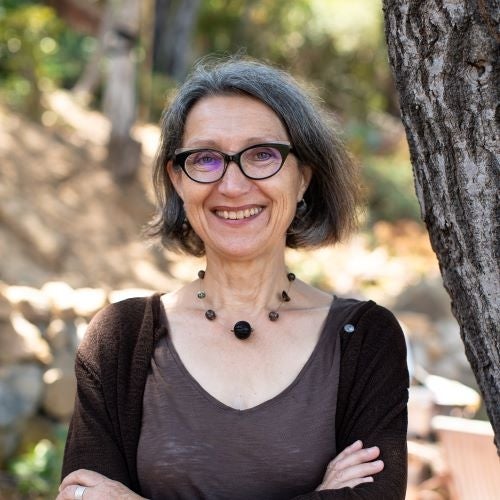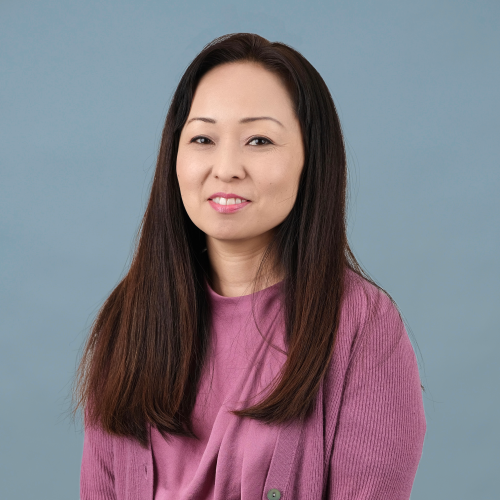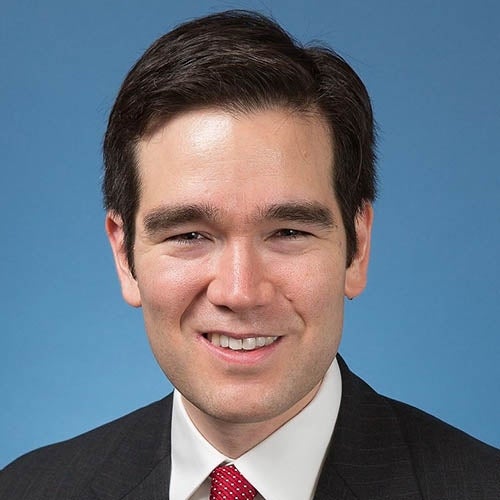UCLA researchers find potential link between auto pollution, some childhood cancers
Scientists from UCLA's Fielding School of Public Health led by Julia Heck, an assistant researcher in the school's epidemiology department and a member of UCLA's Jonsson Comprehensive Cancer Center, have found a possible link between exposure to traffic-related air pollution and several childhood cancers.
The results of their study — the first to examine air pollution from traffic and a number of rarer childhood cancers — were presented on April 9 in an abstract at the annual meeting of the American Association for Cancer Research in Washington, D.C.
For the study, the UCLA researchers utilized data on 3,950 children who were enrolled in the California Cancer Registry and who were born in the state between 1998 and 2007. They estimated the amount of local traffic the children had been exposed to using California LINE Source Dispersion Modeling, version 4 (CALINE4).
Pollution exposue was estimated for the area around each child's home for each trimester of their mother's pregnancy and during their first year of life. The estimates included information on gasoline and diesel vehicles within a 1,500-meter radius buffer, traffic volumes, roadway geometry, vehicle emission rates and weather. Cancer risk was estimated using a statistical analysis known as unconditional logistic regression.
The researchers found that heightened exposure to traffic-related air pollution was associated with increases in three rare types of childhood cancer: acute lymphoblastic leukemia (white blood cell cancer), germ-cell tumors (cancers of the testicles, ovaries and other organs) and retinoblastoma (eye cancer), particularly bilateral retinoblastoma, in which both eyes are affected.
The pollution-exposure estimates were highly correlated across pregnancy trimesters and the first year of life, meaning that even in areas of high exposure, no particular period stood out as a higher-exposure time. This, the scientists said, made it difficult to determine if one period of exposure was more dangerous than any other.
"Much less is known about exposure to pollution and childhood cancer than adult cancers," Heck said. "Our innovation in this study was looking at other, more rare types of childhood cancer, such as retinoblastoma, and their possible connection to traffic-related air pollution."
Because these are rare diseases, Heck cautions that the findings need to be replicated in further studies.
